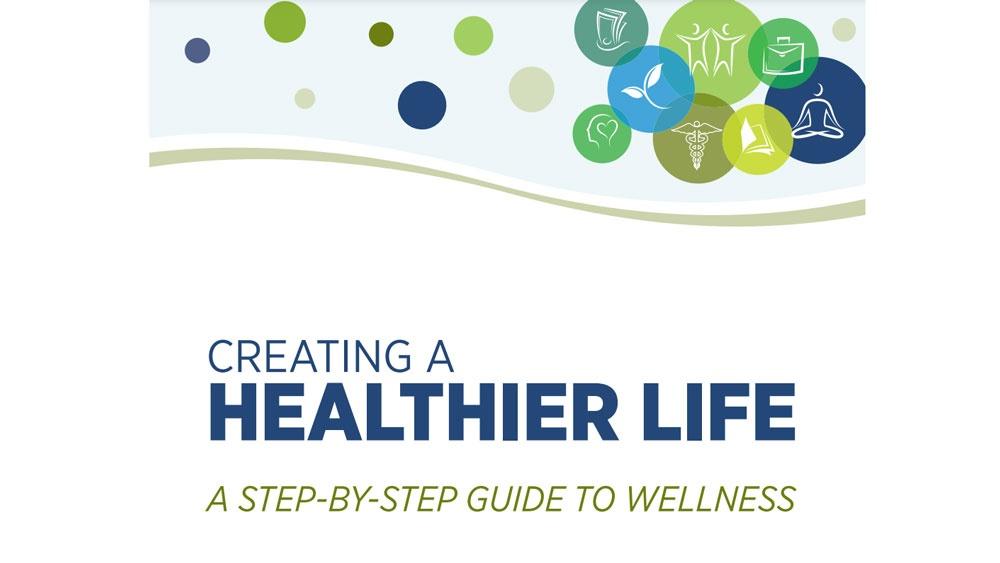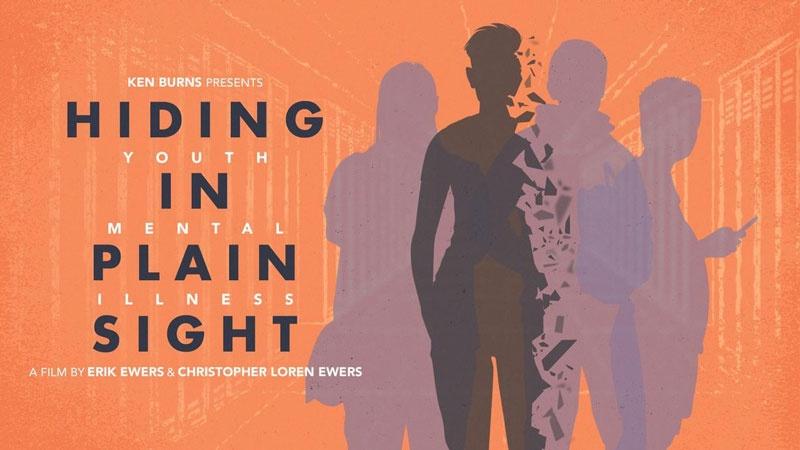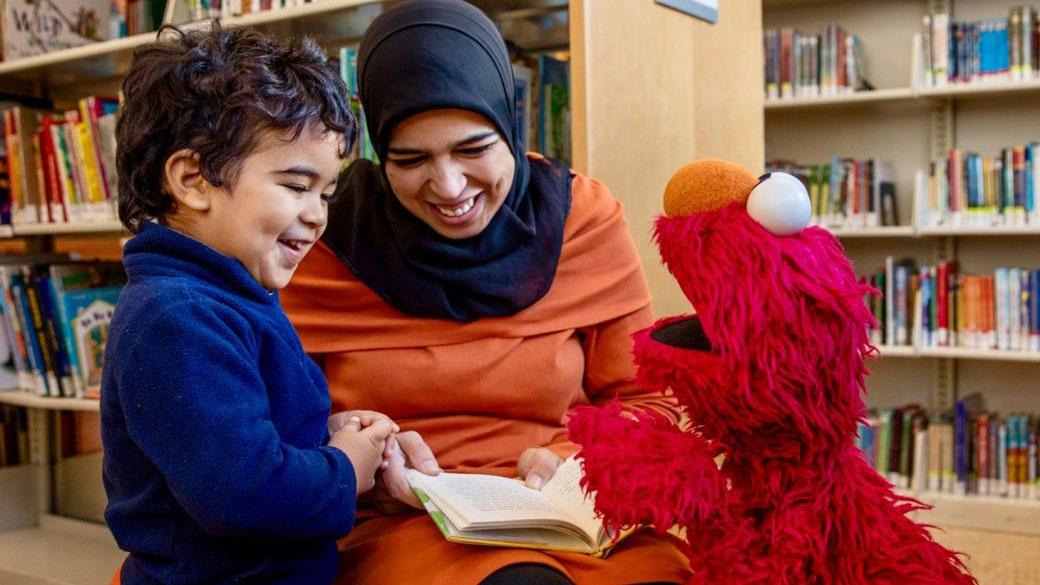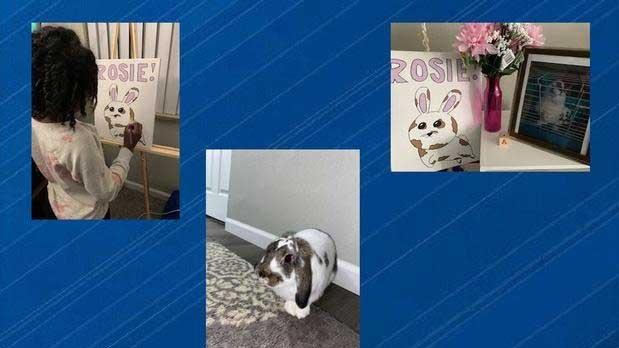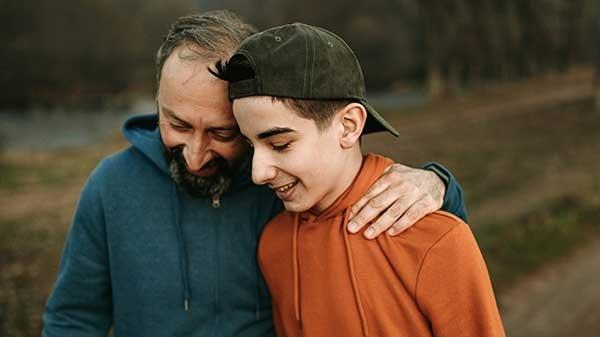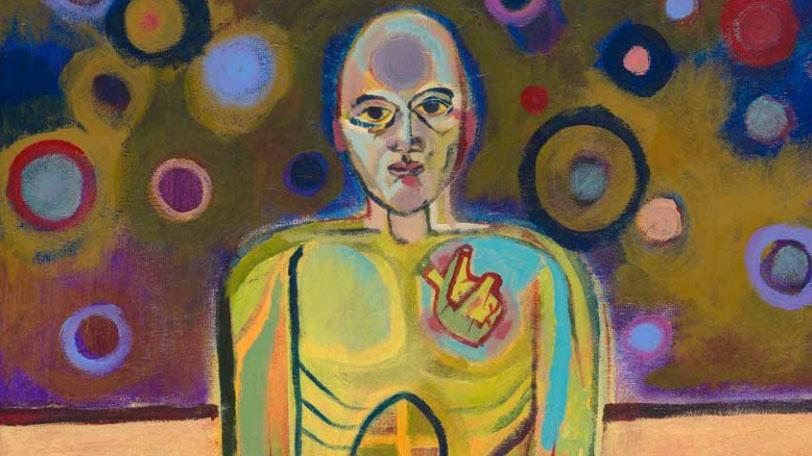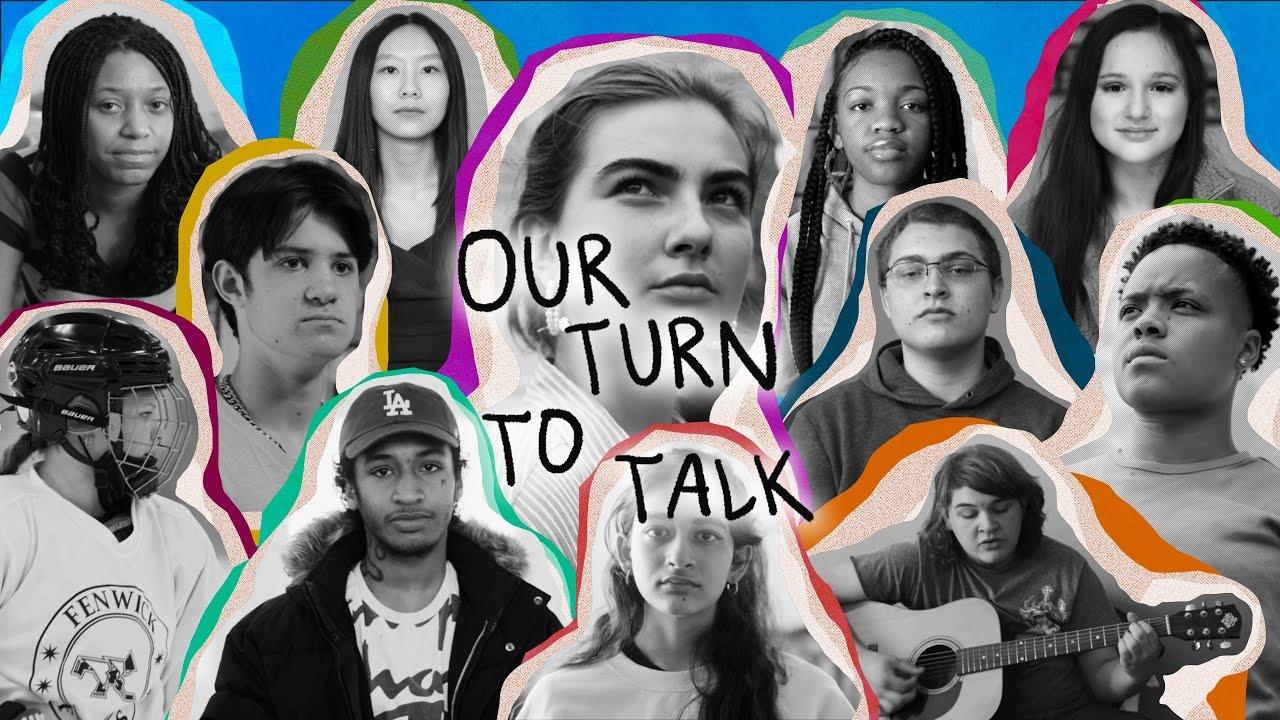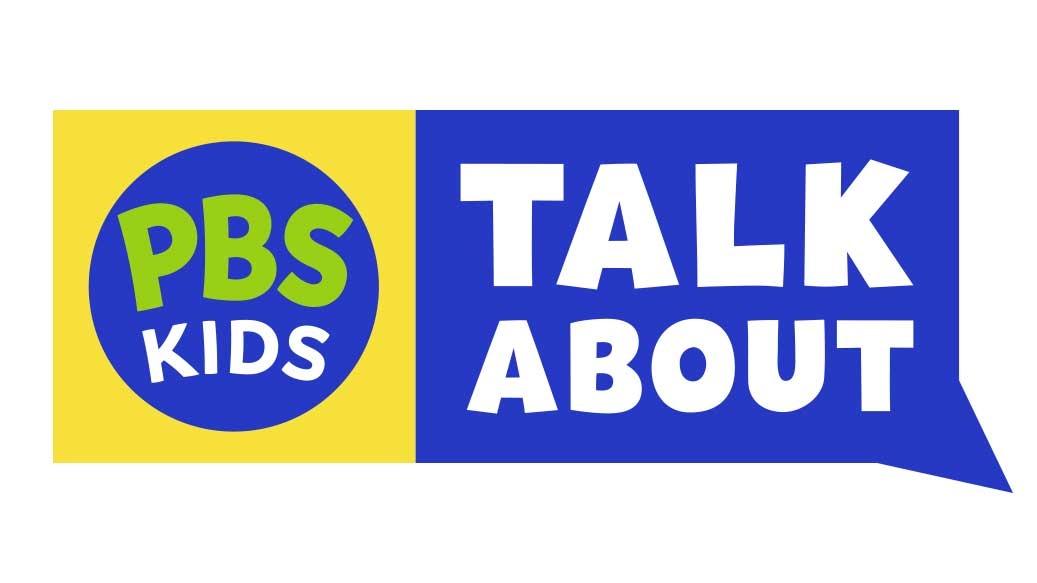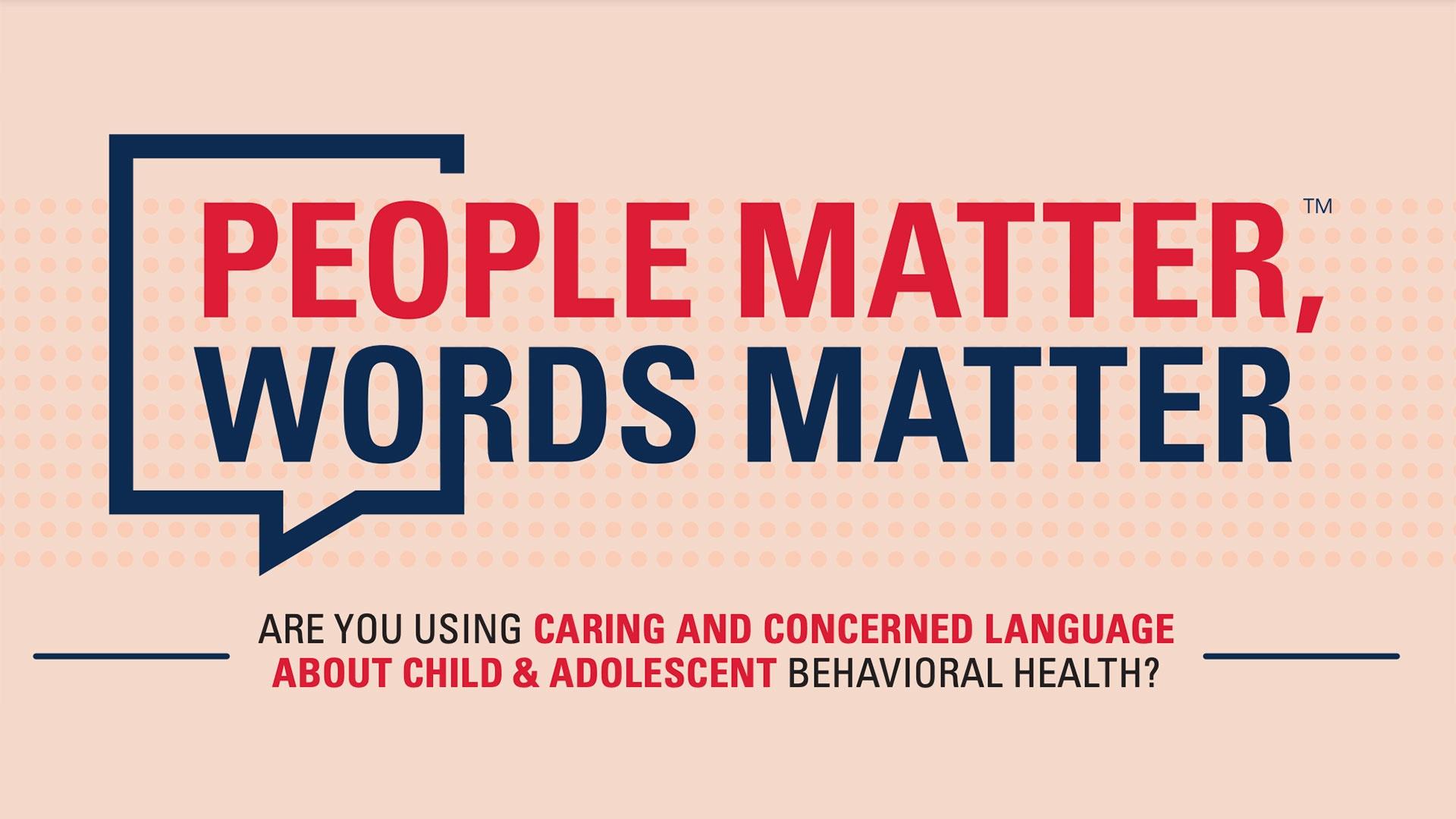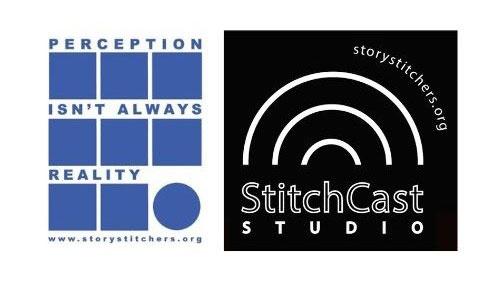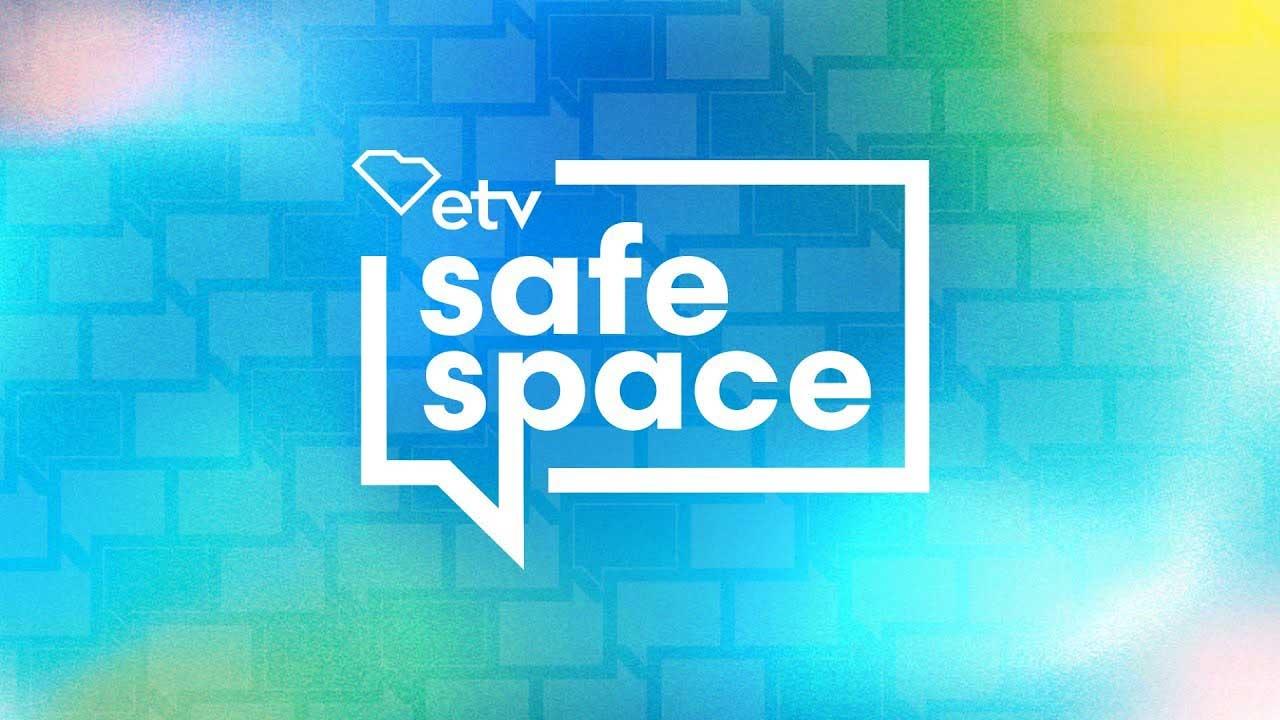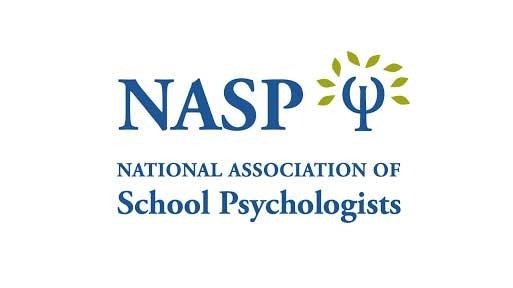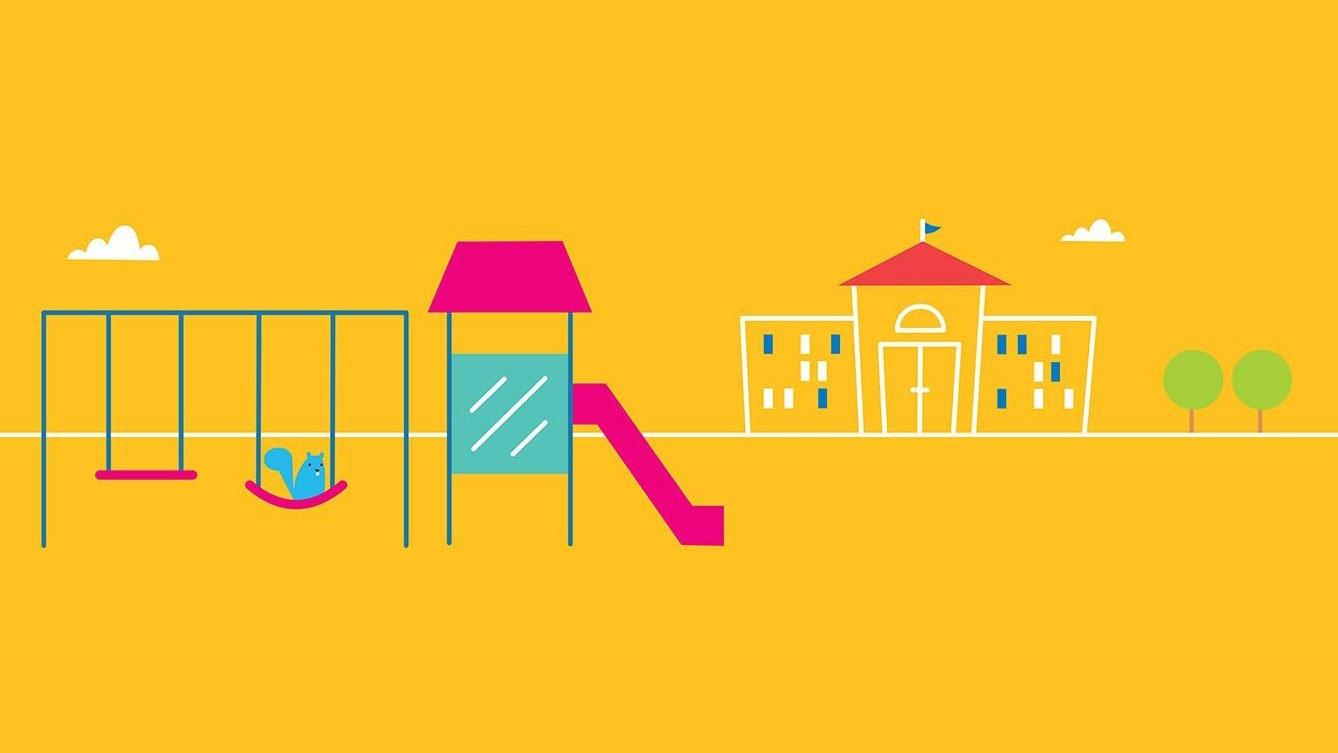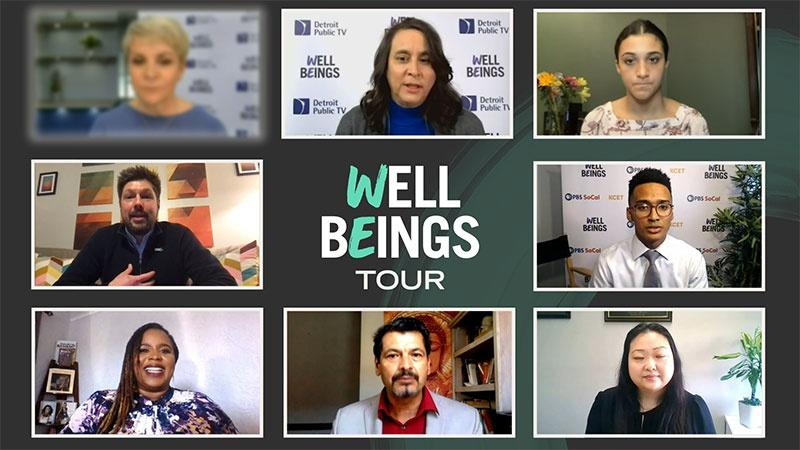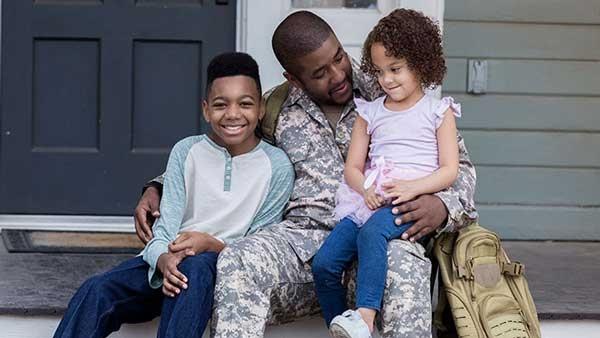This webpage provides information on mental health resources and is not a crisis or suicide response website. If you are in crisis or experiencing thoughts of suicide, please call or text the 988 Suicide & Crisis Lifeline at 988. The service is free and available 24 hours a day, seven days a week.
Resources for Courageous Conversations
Creating a Healthier Life: A Step-by-Step Guide to Wellness | SAMHSA
The Substance Abuse and Mental Health Services Administration’s (SAMHSA) Wellness Initiative envisions a future in which people with mental or substance use problems pursue health, happiness, recovery, and a full and satisfying life in the community. This free guide offers a broad approach to wellness practices we can do—at our own pace, in our own time, and within our own abilities—that can help us feel better and live longer. Click on the link above to access the guide directly.
Crisis Resource Center | Mental Health America
In times of crisis, whether you're facing a personal mental health challenge, dealing with the aftermath of a disaster, or grappling with the effects of violence, abuse, or discrimination, finding the right support is crucial. This collection of information and resources from Mental Health America is designed to help you navigate these difficult moments, offering tools and guidance to aid in your coping and recovery. Click the link above to learn more.
This Nine PBS documentary focuses on the personal, medical, and spiritual issues surrounding end-of-life care, the options available, and steps that can be taken to put those wishes to practical use. It highlights the active role many people are now taking to ensure their death goes according to their plans and wishes. We'll learn from the experts and real people who have stories to share about preparing for life and death. Click the link above to view the documentary and learn more.
Hiding in Plain Sight | Ken Burns in the Classroom
Hiding in Plain Sight: Youth Mental Illness is a two-part, four-hour film that features first-person accounts from more than 20 young people, ranging in age from 11 to 27, who live with mental health conditions, as well as parents, teachers, friends, healthcare providers in their lives, and independent mental health experts.
How to Talk to Kids about Tough Topics | Sesame Workshop
Caring adults can help kids learn coping and resilience-building techniques to help them face tough challenges like divorce, foster care, grief, and more. Sesame Workshop, Sesame Street's nonprofit educational arm, offers resources, activities, and videos to help families begin the conversations.
How to Work Through Grief as a Family | Nine PBS
Losing a beloved pet can be a challenging experience for families, especially children. In this heartfelt blog written by Nine PBS’ Parent Engagement Manager, discover practical ways to help your child process grief, from creating keepsakes to holding meaningful memorials. Click the link above to learn more about supporting kids through loss with love, patience, and helpful resources.
Through their In The Weeds campaign, PreventEd is sharing facts about cannabis use and legalization to dispel myths, start conversations and – ultimately – prevent harm. Learn how to engage in conversations with all age levels, kindergarten to college age. You can find downloadable toolkits and other resources to support these tough conversations at the link above. Additionally, age-specific talking kits in English, Spanish, and Bosnian are available at their accompanying website, www.talkaboutitmo.com.
Mental Health Language Guide | WETA
The Well Beings Mental Health Language Guide created by WETA equips users with person-first language tools for discussing mental health concerns with youth. Please note they define youth as ages 14-22 years old. Click on the link above to access the guide directly.
Our Turn to Talk is a digital-first documentary about the mission to end stigma around mental health challenges, starting with the next generation. In this character-driven film, co-producers Principle Pictures and WETA go behind the scenes of a podcast production, bringing together teens from all walks of life to use storytelling to bravely share their mental health journey without fear, shame, or stigma.
PBS KIDS Talk About | PBS KIDS
“PBS KIDS Talk About” models authentic and practical adult-child conversations that reflect PBS KIDS’ core values of kindness and curiosity. Real families addressing topics such as celebrating family, friendships, curiosity and wonder, bravery and courage, and self-confidence and determination, and perseverance. Click the link above to watch segments and learn more.
People Matter, Words Matter Posters | AHA
The American Hospital Association, together with behavioral health and language experts from member hospitals and partner organizations, released a series of downloadable posters to help adopt person-centered, respectful language. Click on the link above to access the posters directly.
Perception Isn't Always Reality: Mental Health | Saint Louis Story Stitchers
Perception Isn’t Always Reality: Mental Health is produced by Saint Louis Story Stitchers Artists Collective in Saint Louis, Missouri. It is a series to reduce mental health care stigma among Black youth in St. Louis City and County through the creation and dissemination of a public service announcement (PSA) campaign. The project is created by 10 Black youth (ages 16-24) and 10 adult artist-mentors of color working in collaboration with health experts, community residents, and marketing, media, and communication professionals. Click the link above to listen to their podcast and learn more about this PSA campaign. Click the link here to go directly to the PSA playlist on YouTube.
SCETV Safe Space | South Carolina ETV
SCETV Safe Space is a multi-platform production and community engagement initiative to inform, illuminate and activate suicide prevention strategies for vulnerable populations. Click the link above to learn more about this topic, as well as other adjacent topics such as navigating stress, building healthy relationships, and having healthy social media practices.
Talking to Children About Violence | National Association of School Psychologists
High profile acts of mass violence, particularly in schools, can confuse and frighten children and youth who may feel in danger or worry that their friends or loved ones are at risk. Caregivers and school personnel have a responsibility to help children feel safe by establishing a sense of normalcy and security, reinforcing their natural resilience, and talking with them about their fears. The National Association of School Psychologists has compiled tips for how to navigate various traumatic experiences; click the link above to learn more.
The following resources support families and educators of young children as they talk, watch, read, and learn about topics including but not limited to feelings and emotions; talking about the news; and race and racism. These resources are free and open for all to use. They have been curated from PBS, PBS KIDS, PBS LearningMedia, and other credible education organizations.
The Well Beings campaign addresses the critical health needs of Americans through broadcast content, original digital content, and impactful local events. The multiyear campaign, created by WETA, Washington, DC, brings together partners from across the country, including patients, families, caregivers, teachers, medical and mental health professionals, social service agencies, private foundations, filmmakers, corporations, and media sponsors, to create awareness and resources for better health for all.
If you or someone you know is struggling, you are not alone. There are many supports, services, and treatment options that may help. A change in behavior or mood may be the early warning signs of a mental health condition and should never be ignored. The National Alliance on Mental Illness (NAMI) has curated resources and tips for individuals with mental illness, families, caretakers, new parents, kids, teens, young adults, military personnel, and frontline professionals; click the link above to learn more.
